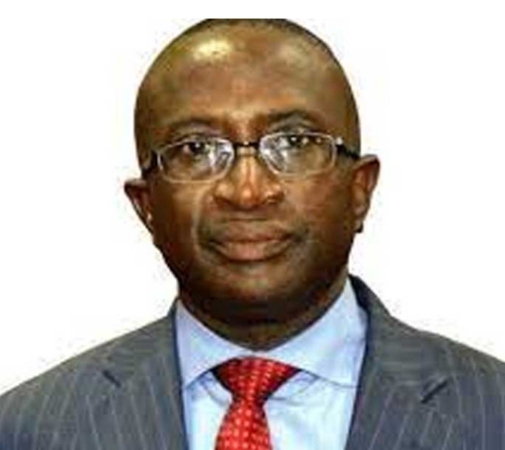Senator Victor Ndoma-Egba has blamed Nigeria’s challenges on failure to build and sustain strong institutions.
Egba, who spoke on The Exchange, a programme hosted by Femi Soneye, described the development as a cultural failure, adding that Nigerians tend to be overly deferential to authority and hesitant to hold leaders accountable.
He argued that the attitude perpetuates weak governance and prevents meaningful institutional reform.
He faulted decried the high cost of governance, which he said he first encountered as a young commissioner in the 1980s.
He explained that attempts to cut costs by merging ministries, only increased inefficiency and created openings for corruption.
He said: “We ended up overburdening the system.A bloated bureaucracy often becomes a breeding ground for graft.
He cited his experience at the Niger Delta Development Commission (NDDC), and described the agency as a classic case of a good idea crippled by politics.
According to him, there were as many as 62 approval points for payments within the agency, creating bottlenecks that made corruption inevitable.
He bemoaned the instability caused by the frequent dissolution of NDDC boards, often without adherence to due process, and suggested that allowing a single board to complete its full statutory term could bring much-needed continuity and effectiveness.
He also revisited his time in the National Assembly, where he said the legislature was struggling to rebuild its credibility after years of military dictatorship.
He said:“For many Nigerians, the National Assembly was seen as unnecessary because the country had survived without it,” he explained, adding that public distrust was worsened by misinformation, such as the controversy surrounding the lawmakers’ furniture allowance.”
He raised deep concerns over Nigeria’s growing youth population, warning that the country’s greatest asset could turn into its biggest crisis if urgent steps are not taken to provide education, skills, and meaningful opportunities.
He lamented Nigeria’s decline from the promise and optimism of the early post-independence years to today’s era of insecurity, inefficiency, and economic stagnation.

